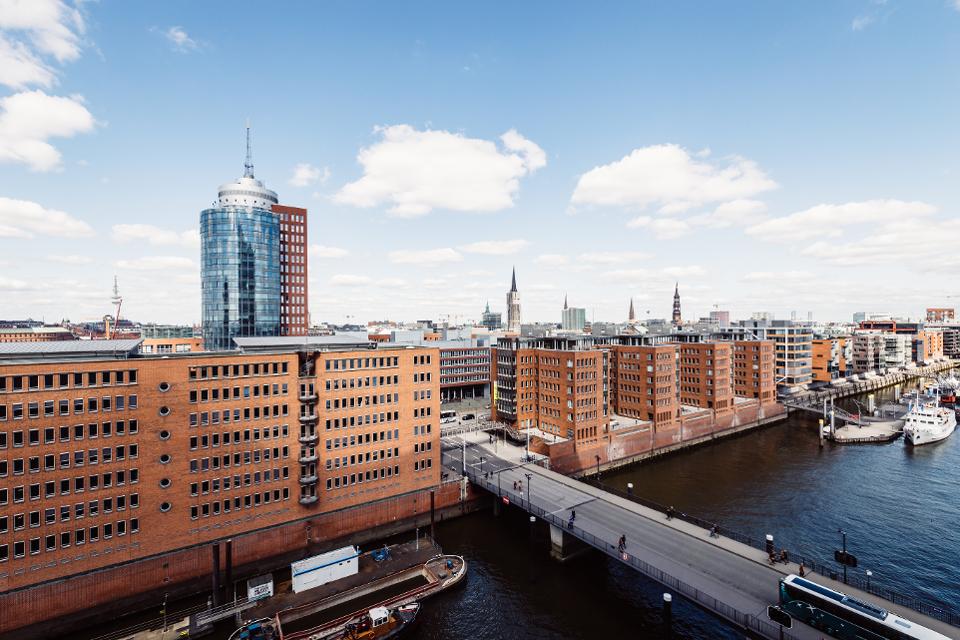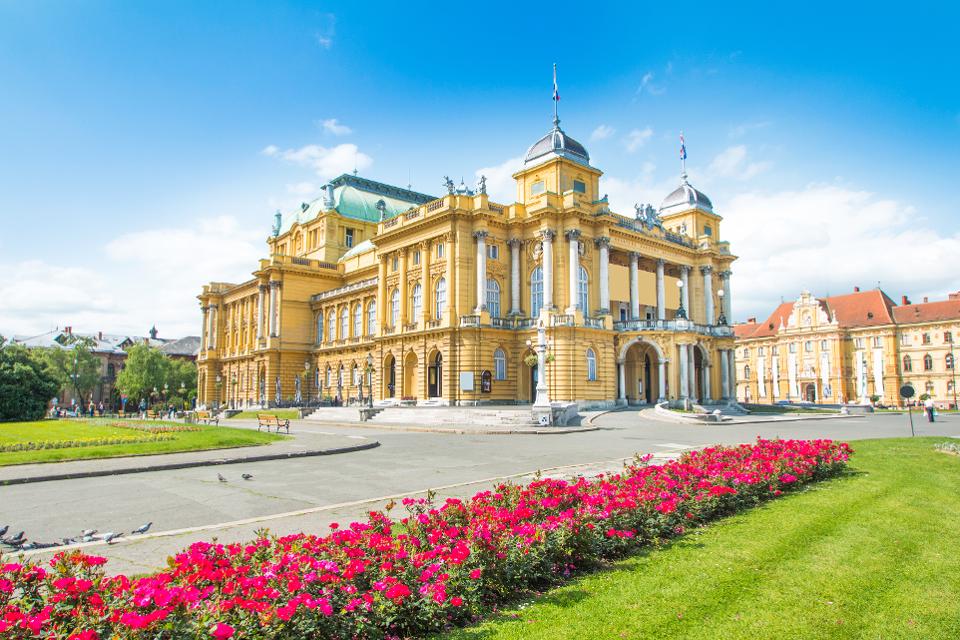Portugal has been receiving a lot of attention lately as one of Europe's more affordable places to live, but there’s plenty happening for short-term visitors, as well. Évora, the medieval walled town ninety miles east of Lisbon, is one spot you definitely won't want to miss.
If you’re familiar with the Camino de Santiago—the renowned pilgrimage dating back to the 9th century—then you’re at least loosely familiar with Galicia, whose shrine of the apostle Saint James the Great is the pilgrimage's destination.There’s a lot more to do in and
Oktoberfest in Munich is one-of-a-kind. The castles of Bavaria look like they’re straight from a fairy tale. Berlin can be downright weird. With all this going on in Germany, far less attention is paid to the country’s north, where the likes of Hamburg and Bremen reside.
“As Croatia’s lesser-known neighbour, Montenegro shares a lot of the same architecture, scenery and climate. But where Croatia’s popularity has rocketed – bringing crowds and high prices along with it in some areas – Montenegro is still relatively unknown.It’s got its own patch
Moldova is another seldom-visited European nation, probably because few know what it has to offer. A landscape of low, rolling hills and a secretive cave monasteries are just a few of the gems you’ll discover here. Moldova’s capital city, Chişinău,
When it comes to European capitals, Zagreb has got to be one of the most overlooked destinations in the region,” say Oksana and Max of Drink Tea Travel. “It’s a place where you can still experience Central Europe without the crowds, and for significantly
As the largest island in the Baltic Sea, it’s almost surprising that Gotland receives so little attention. As we’ve seen, though, that seems to be the theme of this year’s roundup; Lonely Planet has looked far and wide to find the diamonds in the rough,
Rome, the city of seven hills, enjoyed a mythic beginning. Romulus and Remus — twin brothers who were nursed by a she-wolf and fathered by a war god — reportedly founded the Eternal City. And although historians are a little skeptical









